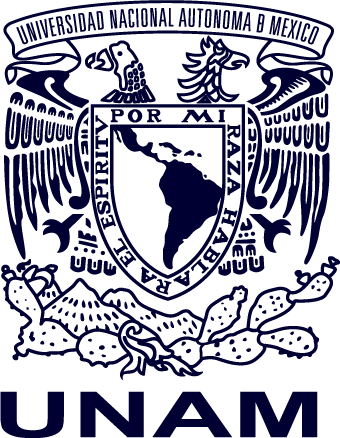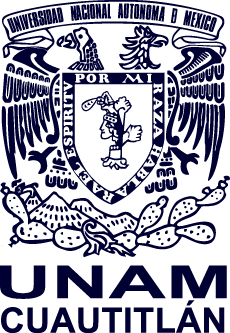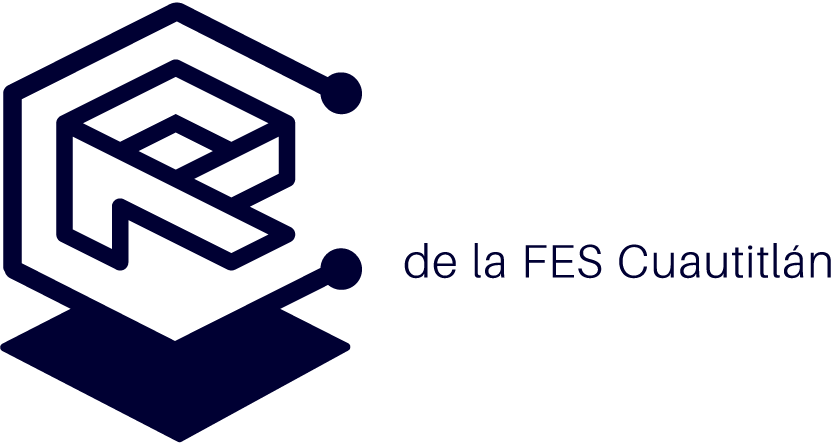Título
Un nuevo pensamiento para el conocimiento global
Título alternativo
The new thinking for the global knowledge
Autor(es)
Muñoz García, Ma. Teresa
URI
URL del recurso digital
ISSN
ISSN electrónico: 2007-2236
Editor
Universidad Nacional Autónoma de México. Facultad de Estudios Superiores Cuautitlán
Lugar de publicación
MX
Fecha de publicación
1-jul-2011
Tipo de recurso
Artículo de investigación
Área del conocimiento
Ciencias Sociales
Tema
Conocimiento
Pensamiento
docente-alumno
infraestructura
redes de conocimiento
Knowledge
Thinking
teacher-student
infrastructure
knowledge networks
Pensamiento
docente-alumno
infraestructura
redes de conocimiento
Knowledge
Thinking
teacher-student
infrastructure
knowledge networks
Es parte de la revista
Revista Universitaria Digital de Ciencias Sociales (RUDICS), Número 3 (2011), 25-50 En: https://virtual.cuautitlan.unam.mx/rudics/?page_id=579
Extensión
Páginas: 25-50
Idioma
spa
Procedencia
Universidad Nacional Autónoma de México. Facultad de Estudios Superiores Cuautitlán
Resumen
El propósito de este trabajo es exponer algunas ideas de cómo el conocimiento se implican en un pensamiento global, tratando de esquematizar el conocimiento donde vincule el docente-alumnos e infraestructura lo que se adecua para esta propuesta es llevarlo al ámbito de lo interpretativo exploratorio, cubriendo las exigencias epistemológica y axiológica, a través de un observatorio del contexto educativo, apoyado con ideas de “Edgar Morin”. A través de la idea del “Apartamento de cuatro Cuartos de Claes Janssen” el cual permite ubicar con precisión el problema de la educación encausada al conocimiento de las Instituciones de Educación Superior (IES); en el contexto social, económico, político, tecnológico. Cuyo hallazgo principal es la búsqueda de un nuevo pensamiento para el conocimiento global, siendo un punto relevante para reactivar la calidad educativa del país, apoyaremos este precepto en las siete R´s, orientadas a la relación de los actores del sistema educativos, su respuesta eficaz y eficiente en los cambios considerando las limitaciones de sus recursos, haciendo uso de la racionalidad, que culmine con una resolución óptima en la función educativa, gestando el conocimiento global, tomando en cuenta por supuesto las restricciones de información, cuyo impacto potencial sea la atribución de responsabilidades comunes que conlleve a la recuperación del contexto educativo. Podemos iniciar aplicando un concepto matricial de la relación que guardan el docente-alumno e infraestructura, logrando una red de valor de las instituciones, que impliquen el reconocimiento de la complejidad del sector educativo, que opera bajo limitaciones estructurales y políticas generando. Se hace preciso anotar que el vínculo entre los actores involucrados proporcionara un nuevo pensamiento para el conocimiento global, la comunidad académica y de alumnos involucrados en este proceso educativo será una responsabilidad genuina de gestar redes de conocimiento, iniciando con la transversalidad.
The purpose of this paper is to present some ideas of how knowledge engage in global thinking, trying to outline the knowledge where the teacher-student links and infrastructure that is appropriate for this proposal is to take it to the realm of interpretive exploratory, covering epistemological and axiological demands through an observatory of educational context, supported by ideas of “Edgar Morin.” Through the idea of “Four Rooms Department of Claes Janssen” which allows to pinpoint the problem of education prosecuted to the knowledge of Higher Education Institutions (HEIs) in the social, economic, political, and technological. Whose main finding is the search for new thinking to global knowledge, being a relevant point to revive the country’s education quality, support this provision in the seven R’s, aimed at the relationship of educational system actors, their response effective and efficient in considering changes to resource constraints, making use of rationality, culminating in an optimal resolution in the educational, brewing global knowledge, taking into account of course the restrictions of information, which is the potential impact allocation of common which leads to the recovery of the educational context. We can begin by applying a matrix concept of the relationship that the teacher-student and infrastructure, achieving a value network of institutions, involving the recognition of the complexity of the education sector, which operates generating structural and political constraints. It is necessary to note that the link between the actors involved to provide a new thought for the global knowledge, academics and students involved in this educational process will be a genuine responsibility to gestate knowledge networks, starting with mainstreaming.
The purpose of this paper is to present some ideas of how knowledge engage in global thinking, trying to outline the knowledge where the teacher-student links and infrastructure that is appropriate for this proposal is to take it to the realm of interpretive exploratory, covering epistemological and axiological demands through an observatory of educational context, supported by ideas of “Edgar Morin.” Through the idea of “Four Rooms Department of Claes Janssen” which allows to pinpoint the problem of education prosecuted to the knowledge of Higher Education Institutions (HEIs) in the social, economic, political, and technological. Whose main finding is the search for new thinking to global knowledge, being a relevant point to revive the country’s education quality, support this provision in the seven R’s, aimed at the relationship of educational system actors, their response effective and efficient in considering changes to resource constraints, making use of rationality, culminating in an optimal resolution in the educational, brewing global knowledge, taking into account of course the restrictions of information, which is the potential impact allocation of common which leads to the recovery of the educational context. We can begin by applying a matrix concept of the relationship that the teacher-student and infrastructure, achieving a value network of institutions, involving the recognition of the complexity of the education sector, which operates generating structural and political constraints. It is necessary to note that the link between the actors involved to provide a new thought for the global knowledge, academics and students involved in this educational process will be a genuine responsibility to gestate knowledge networks, starting with mainstreaming.
Licencia Creative Commons
Creative Commons CC BY-NC 4.0, https://creativecommons.org/licenses/by-nc/4.0/legalcode.es
Derechos de acceso
Acceso abierto
Propietario (a) de los derechos de autor
La titularidad de los derechos patrimoniales de esta obra pertenece a: Universidad Nacional Autónoma de México
Referencia bibliográfica
Muñoz García, Ma. Teresa (2011). Un nuevo pensamiento para el conocimiento global. Revista Universitaria Digital de Ciencias Sociales (RUDICS), Número 3, 25-50. Recuperado de https://ru.cuautitlan.unam.mx/handle/123456789/66
Los ítems de DSpace están protegidos por copyright, con todos los derechos reservados, a menos que se indique lo contrario.





